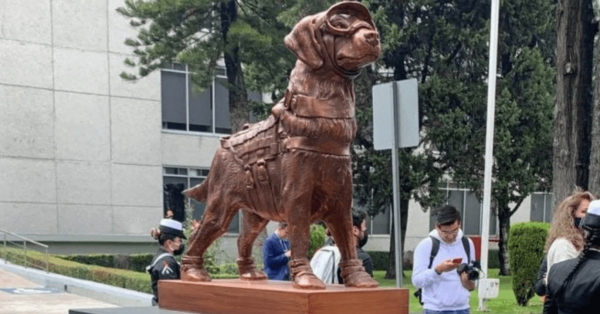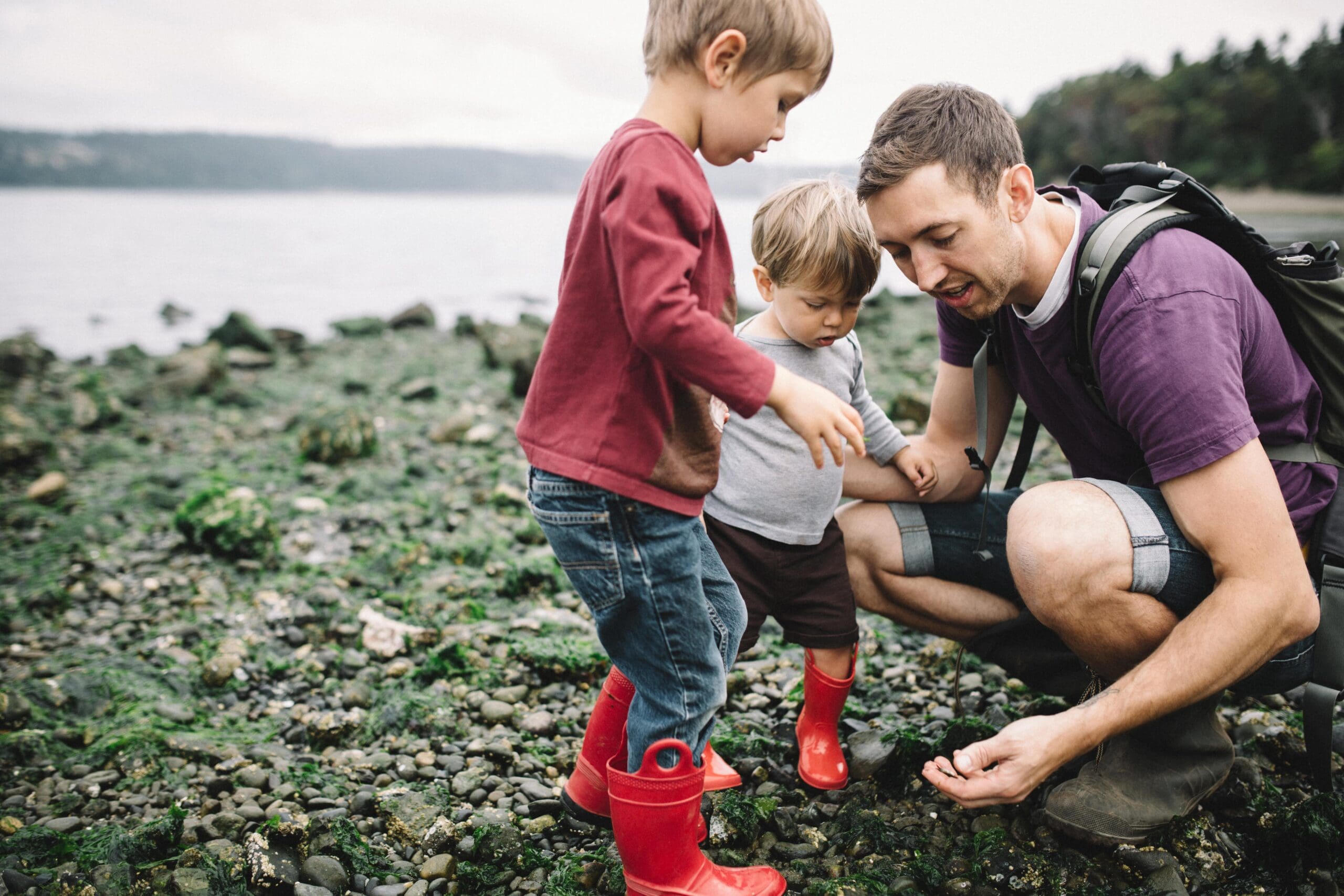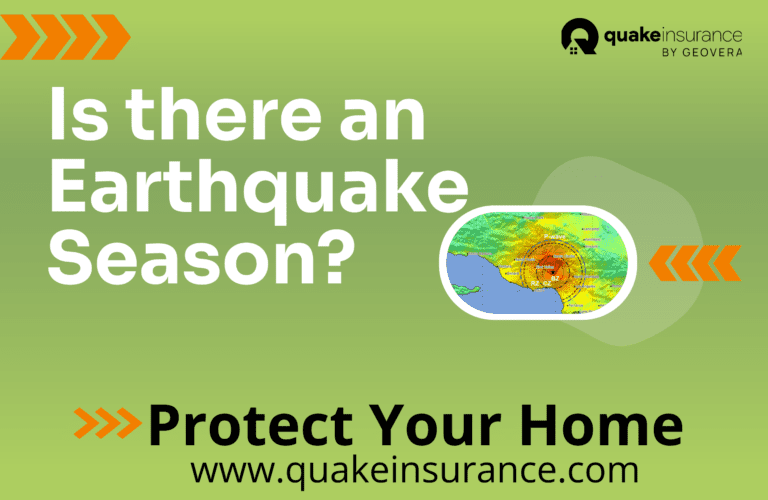Statue of Frida in Puebla, Mexico. Photo Credit: Vallarta Daily
Search and Rescue Dog Hero
In September 2017, a powerful earthquake hit Mexico City, causing widespread devastation and leaving many people trapped under the rubble of collapsed buildings. Amid the chaos and destruction, a four-legged hero emerged, and her name was Frida.
Frida was a member of the Mexican Navy’s Canine Unit, a highly trained group of dogs who specialize in search and rescue operations. She had been trained to detect the scent of humans, and she was sent to the disaster site to help locate survivors.
Over the next ten days, Frida worked tirelessly to search for people who were buried under the rubble. She wore special protective gear to keep her safe from the debris, and she was lowered into holes and crevices to help locate people.
Despite the challenges she faced, Frida managed to locate 12 people, including four who were found alive. Her bravery quickly made her a symbol of hope and resilience in the face of tragedy, and she became an international sensation.
People all over the world were inspired by Frida’s story, and she received many honors and awards for her heroic actions. She participated in more than 50 rescue efforts over her career, including the aftermath of earthquakes in Haiti and Ecuador. In 2018, a statue of Frida was erected in Puebla, Mexico, to honor her service and bravery.
Frida’s story is a reminder of the incredible bond between humans and their animal companions and the important role that dogs can play in disaster relief efforts. She proved that even in the most challenging and dangerous situations, animals can make a difference and save lives.
Here are a few ways that animals can help in rescue and recovery efforts after a natural disaster:
- Search and rescue: Dogs, cats, and other animals with a keen sense of smell can be trained to help locate missing people in the aftermath of a disaster. Dogs are especially useful in this capacity, as they can cover large areas quickly and can detect scents buried under rubble.
- Emotional support: After a disaster, many people experience trauma and emotional distress. Animals, particularly dogs and cats, can provide comfort and emotional support to people who are feeling overwhelmed or anxious.
- Therapy: Animals, particularly horses and dogs, can be used in therapy sessions to help people recover from emotional trauma and build resilience.
- Detection: Animals can be trained to detect hazardous materials, gas leaks, and other dangers that may be present after a disaster. For example, bees can be used to detect gas leaks, while dogs can detect hidden explosives.
- Rehabilitation: Some animals, particularly horses and dogs, can be used in rehabilitation programs to help people regain strength and mobility after an injury or trauma.
When your own home is affected by an earthquake, you’ll want to have Earthquake Insurance in place to assist with rebuilding. Find out how affordable this coverage can be with a quick quote from QuakeInsurance.com.



